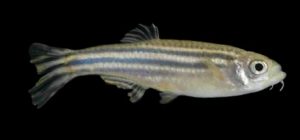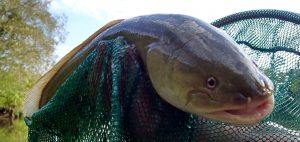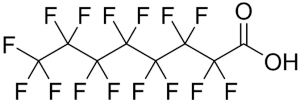
What we do
We are interested in comparative immunology with an emphasis on understanding how immune systems recognize and destroy invading pathogens while leaving their own cells unscathed. Although our research spans all vertebrate lineages, we employs zebrafish, rodents and human cells as models for discovery. Current research is focused on how genetic diversity and exposure to environmental chemicals impact immune function.
We are specifically interested in (1) the genetic and functional evolution of innate immune receptors encoded in gene families, and (2) the immunotoxicological effects of environmental chemicals (especially per- and polyfluoroalkyl substances aka PFAS).
Our studies on the evolution of immune receptors integrates genomic and transcriptomic data from all vertebrate lineages. Molecular, biochemical, genetic and genomic methods are employed routinely in our laboratory along with transgenesis, targeted gene disruption techniques and in vivo infection models. Our research is highly interdisciplinary as we collaborate with evolutionary biologists, structural biochemists, toxicologists, chemists, engineers and field biologists. Our research has been funded by NIH, NIEHS, NSF, MAF, TriCEM and a variety of foundations and agencies.
Some of our favorite species include:
Some of the PFAS we study include:






